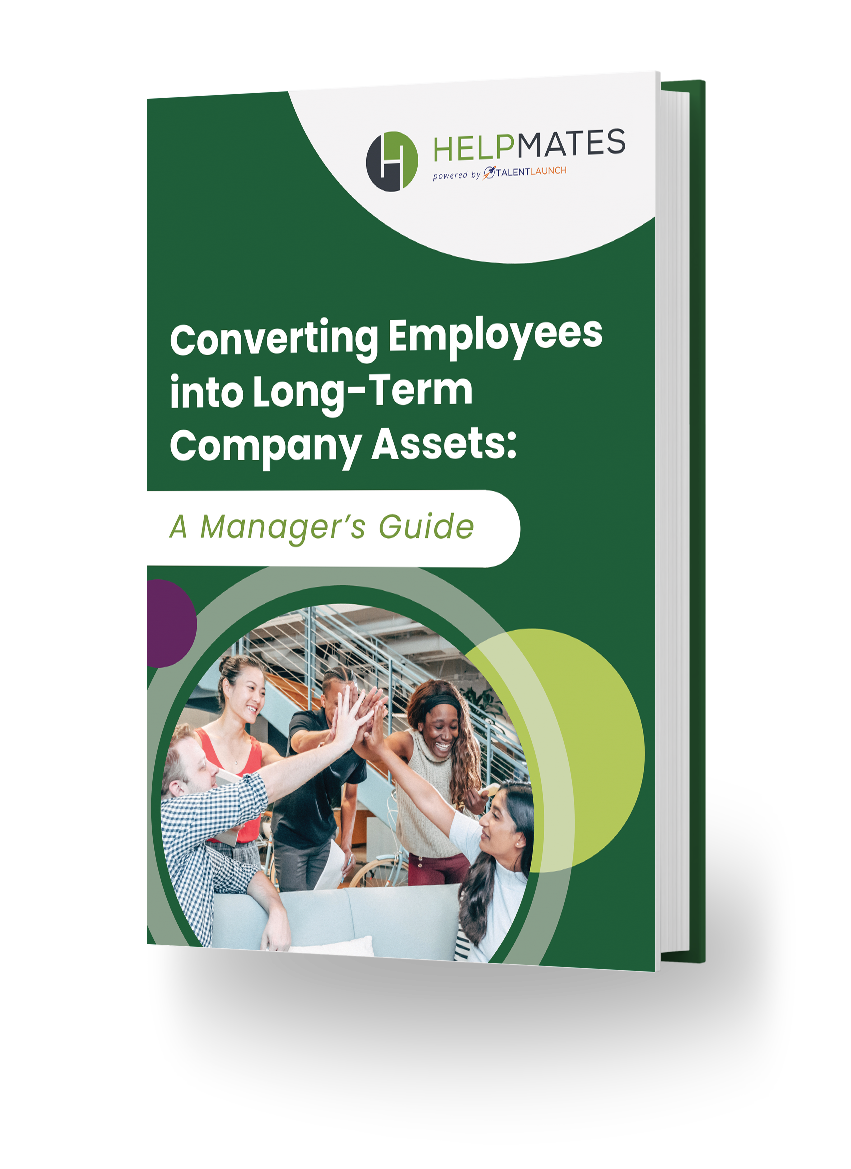It happens – for every job. Someone’s going to get the job, and some people (sometimes many) won’t receive an offer. But while your organization is excited to make a new hire, rejecting candidates can be nearly as critical.
Build strong candidate relationships — even when they don’t get the job.
That’s right, every candidate rejection offers an opportunity to build stronger relationships and to also strengthen
your candidate pipeline. Depending on your industry, every candidate who submits a resume could also be a customer. That means treating candidates poorly can directly impact your revenue.
But poor treatment of rejected candidates can affect your organization in other ways. Perhaps someone isn’t the right fit for this specific role, but is a team player with great credentials. Could they be a fit for another opening down the line? Imagine how much time and cost you could save by bringing that person back in to ensure a fit, rather than sift through hundreds (or thousands) of resumes and going through the entire process again!
Negative treatment of candidates can also make a permanent mark on your business through negative reviews – take a look at some reviews of your competition on Glassdoor. Some of the feedback is brutal – but that’s just what you’re seeing online. Even more conversations are sharing feedback in email, in person or on other review sites. It’s hard to erase a negative impression, and treating candidates poorly can impact your ability to consistently recruit top talent.
Does your rejection process burn bridges? These tips can help you maintain a strong relationships with the candidates in your pipeline and build a positive reputation:
- Actually reject them. This one sounds strange, but it is essential. There are few things that can hurt your impression with candidates more than never letting them know whether they have received the job. Candidates have sent their resumes and cover letters and endured interviews (which could include phone, video and/or multiple in-person interviews). Simply letting rejected candidates know that you’ve gone with another candidate is a matter of courtesy — one that is often neglected. Whether it’s via email or traditional mail, contacting all candidates to let them know of your decision is a matter of respect.
- Let them know as soon as possible. We all seek closure in various aspects of life. Finding closure during your job search can be especially challenging. If you’ve made up your mind that a candidate isn’t the right choice, let him or her know as soon as you can. Not only does this help candidates move on, it can help them pursue other opportunities that may be the right fit since they won’t be waiting on a response from you.
- Be personal. Templates can be a helpful way to save time – using a basic templated email or letter is perfectly acceptable. But, avoid a “Dear Sir/Madam” generic communication. Including the person’s name and the position they applied for is a good start, but depending on where the candidate landed in the process, you may want to include something more specific. A compliment or specific highlight of something discussed during the interview can be a nice way to show that you are talking to a person and not just a “candidate.”
- Don’t dwell on it. Short and sweet is essential here – it’s like ripping off a Band-Aid. Sharing some information about why the candidate wasn’t chosen is helpful, but avoid going into a highly detailed description of why the chosen candidate was the better fit. A few sentences explaining the decision are all that’s needed.
- Be honest. Some candidates may be a great fit for your company culture, but just aren’t the right fit for specific openings. If that’s the case, be honest and let them know that they could be a fit down the road. Conversely, don’t offer hope where none exists. Only share the notion of a potential match down the road when you sincerely believe candidates would be solid additions to your company. Never offer hope of a potential match as a consolation prize — it will only result in frustrated or angry candidates when they don’t hear back in the future.
Searching for talent to help your organization achieve its goals? Here at Helpmates, we have an extensive network of top talent across Southern California. Contact your nearest Helpmates office today to learn more about our staffing and recruiting solutions.







